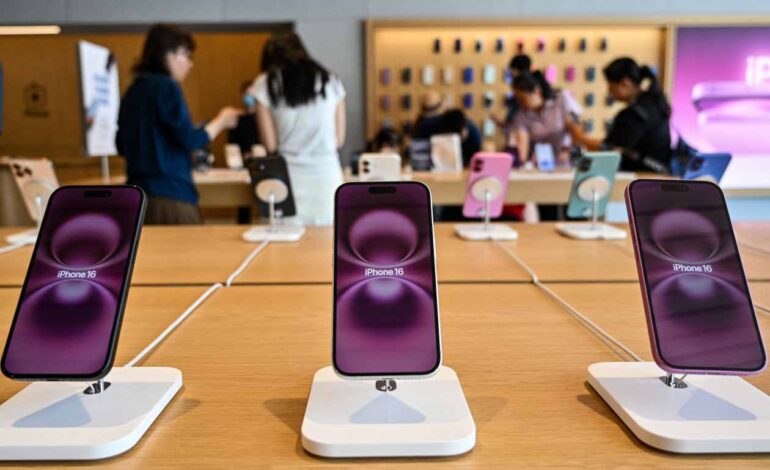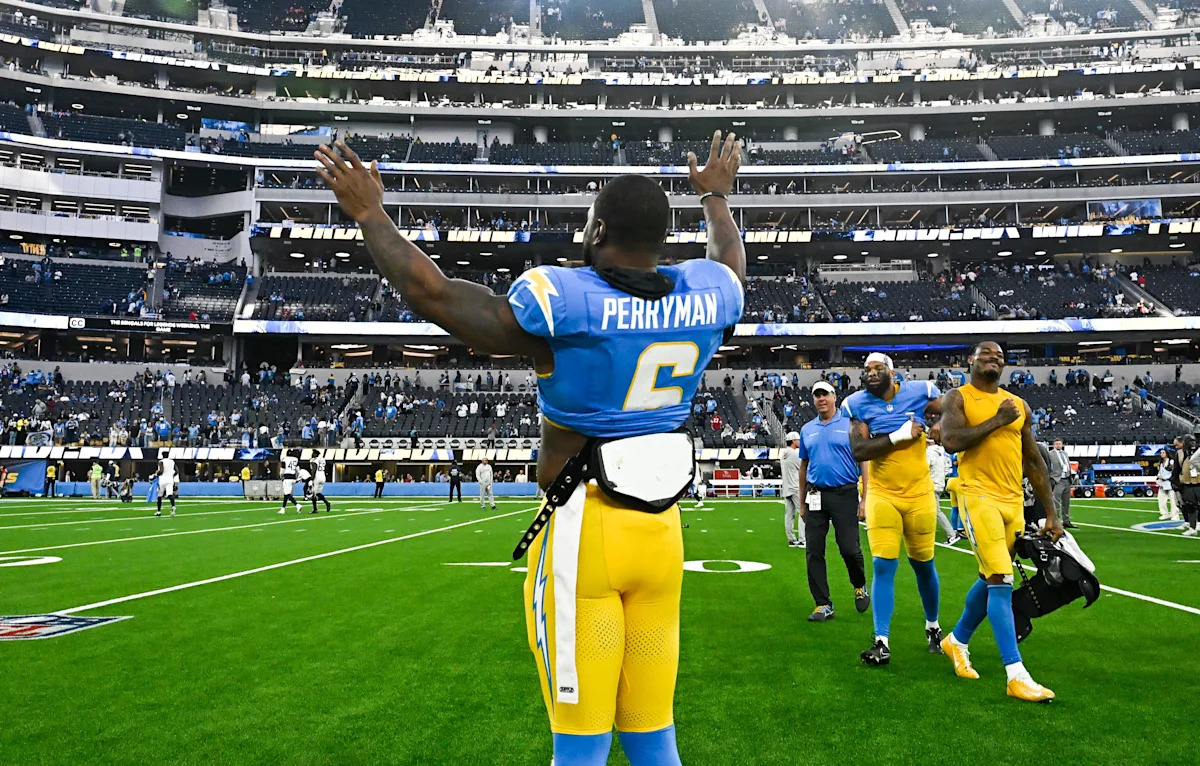U.K. Drops iPhone ‘Back Door’ Demand as Apple Expands in India

URGENT UPDATE: The U.K. has officially dropped its demand for a “back door” into Apple’s iPhones, a significant move aligning with a U.S. government request. This decision comes as Apple reportedly accelerates its production efforts in India, marking a pivotal moment in the ongoing discourse about privacy and technology.
In a statement on social media platform X, Tulsi Gabbard, the U.S. director of national intelligence, confirmed the development, saying, “I worked with the U.K. to drop the demand to ensure Americans’ private data remains private and our Constitutional rights and civil liberties are protected.” This announcement underscores the importance of safeguarding personal data amidst growing digital surveillance concerns.
This shift is crucial for both consumers and tech companies as it reinforces the notion that privacy should not be compromised for security measures. The U.K.’s compliance with the U.S. request signals a commitment to protecting individual rights, particularly in the face of increasing global scrutiny over data security practices.
Apple’s expansion in India is gaining traction, reflecting the company’s strategy to diversify its manufacturing base outside of China. This move not only enhances local job opportunities but also positions Apple to better meet the demands of the burgeoning Indian smartphone market.
Consumers and privacy advocates alike are watching closely as these developments unfold. The decision to forego the back door request is seen as a victory for privacy rights, emphasizing the need for transparent and responsible technology practices.
WHAT’S NEXT? As Apple ramps up production in India, stakeholders will be keen to see how this impacts the company’s global supply chain and product availability. Additionally, this development may inspire further dialogue about the balance between national security and personal privacy rights.
Stay tuned for more updates as the situation evolves. The implications of this decision will resonate widely, affecting both consumer trust in technology and the broader conversation surrounding privacy rights worldwide.






